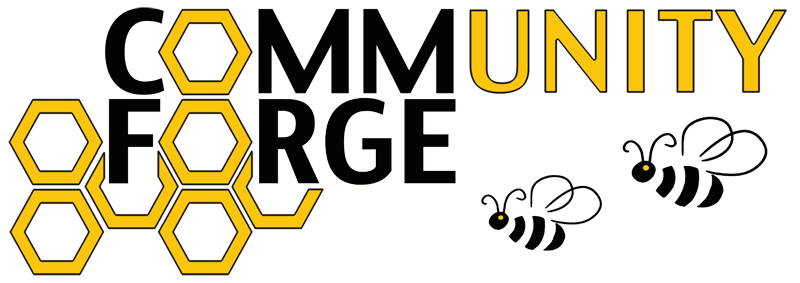You are here
Money & Society MOOC review
After eight runs and over 500 graduates, the Money & Society massive online open course (MOOC) has now switched to presentation only mode. That means the course is no longer running but anyone can view the presentations. The software and content of the MOOC was developed by Community Forge co-founder Matthew Slater and Professor Jem Bendell of the University of Cumbria, with the two also serving as tutors.
The pair created the MOOC because the fields of currency innovation, and especially blockchain, were hampered by confusion amongst scholars, regulators, lawyers and innovators about the nature of money and the politics of power around it. To inform the course, Prof Bendell drew on his research into these matters, which he published in the Journal of Corporate Citizenship (Bendell, 2017) and the IJCCR (Ruddick et al, 2015).
As Bendell & Slater stepped back from their volunteer roles, they invited alumni of the MOOC to report on the impact the it had had on their activism. To mark the end of tutoring, we share some of highlights of the impact from responses received.
"I have used the learning extensively in a blockchain project," explained Cheryl Clarke, who helped design the token sale for a film crowdfunding blockchain, Livetree. This project is now supporting independent film makers.
Hull Money founder Ian Clough said the MOOC gave him increased knowledge and confidence to develop that project which offers the public financial advice, loans and ways of saving money.
Nuno Batalha, One of the creators of a new local currency in Brussels, La Zinne told us told us "The MOOC gave me a solid basis for understanding our current economic system and for imagining what new system I wanted to help put in place with the local currency. It helped me frame my local, community initiative within a broader context of a changing monetary system."
Guy James from the radical cooperative FairCoop which is experimenting extensively with currencies, and payment technologies said "We have increased understanding of how various different currency designs work in practice." This network runs the experimental cryptocurrency Faircoin which they trade not at market rates but at a price decided by the assembly.
Theodore Panteladis in Crete is part of Heraklion Integral Cooperative and believed the whole market benefitted from a deepened understanding of monetary theory.
Finally there's a new initiative in London called Open Credit Network which seeks to implement the Credit Commons. Two of the three founders did the MOOC and recently tweeted "it's definitely been influential in the forming of the OCN". They have talked to people all over the country, built software, and the first trades are now happening.
Community Forge is proud to have supported this project by providing free hosting for the platform. The weekly presentations (6+ hours in total) can still be accessed freely.
The co-authors of the MOOC continue to collaborate and recently published reflections on how currency innovation may help grow resilience in the face of climate disruption
References
Bendell, J. (2017) Currency Innovation for Sustainable Financing of SMEs: Context, Case Study and Scalability. Journal of Corporate Citizenship, Volume 2017, Number 67, September 2017, pp. 39-62(24).
Ruddick, W., Richards, M. and Bendell, J. (2015) Complementary Currencies for Sustainable Development in Kenya: The Case of the Bangla-Pesa International Journal of Community Currency Research, 19. ISSN 1325-9547
